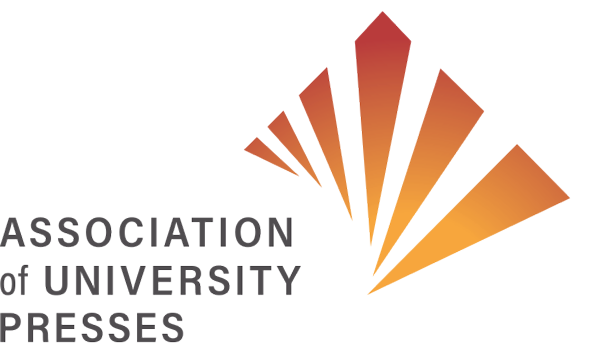
As politically motivated threats continue to mount against institutions of higher education across the US, the Association of University Presses (AUPresses) will continue to join peer organizations in condemning and rejecting these efforts. Florida’s recently proposed HB 999 is especially egregious in its aims, entailing an unprecedented overreach of partisan appointed officials into public university and college governance, particularly in hiring, training, and retention practices. The bill also seeks to manipulate curricula along political lines—banning certain majors, minors, courses, and ideas (e.g., critical race theory, gender studies, the concept of intersectionality) and dictating which events from and interpretations of history will be taught in the state’s college classrooms.
As scholarly publishers, the Association believes in the free exchange of ideas. The freedoms to think, research, teach, publish, and read are pillars of an open and just society. The ideals of intellectual and academic freedom, in harmony with commitments to equity and to justice, are fundamental to the very expansion of human knowledge, and we will remain vigilant in their defense.
Therefore, we join with the following organizations in condemning this harmful bill:
- We agree with the American Association of University Professors (AAUP), the American Federation of Teachers (AFT), and the National Coalition Against Censorship (NCAC) that HB 999 aims to “stifle ideas, silence debate, and limit the autonomy of educational institutions whose faculty, staff, students, or administrators may disagree with the party in power.” Read the full AAUP/AFT/NCAC statement.
- We agree with the American Historical Association (AHA) that “the very language of this legislation sows and perpetuates division” and threatens “the role of history, historians, and historical thinking in the lives of the next generation of Americans.” Read the full AHA statement.
- We agree with the American Council of Learned Societies (ACLS) that HB 999 attacks the hallmarks of academic freedom, including the principle that “Faculty and students at public universities are free to investigate, study, and teach without fear of government censorship.” Read the full ACLS statement.
